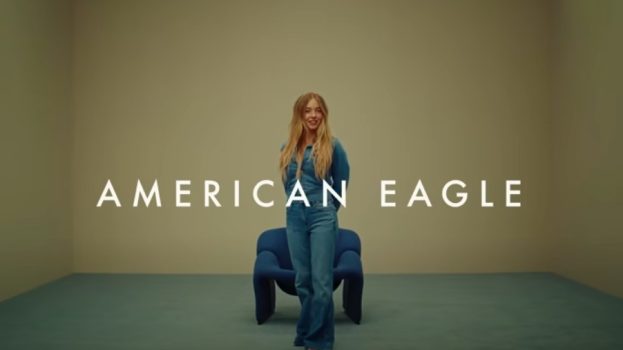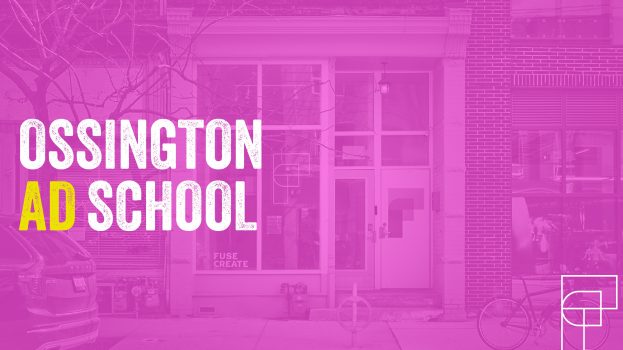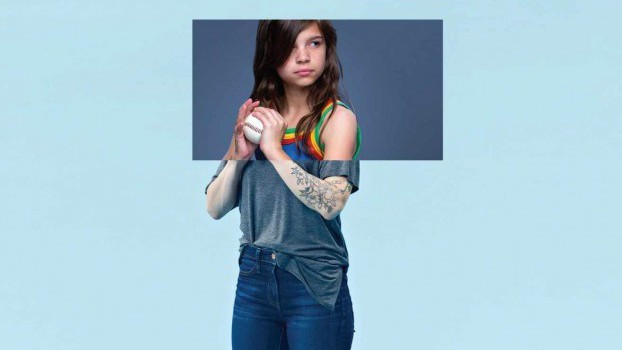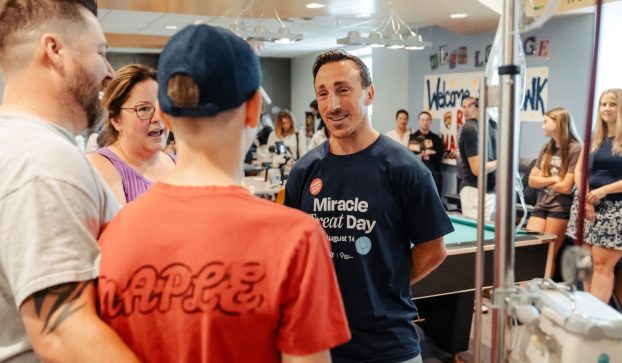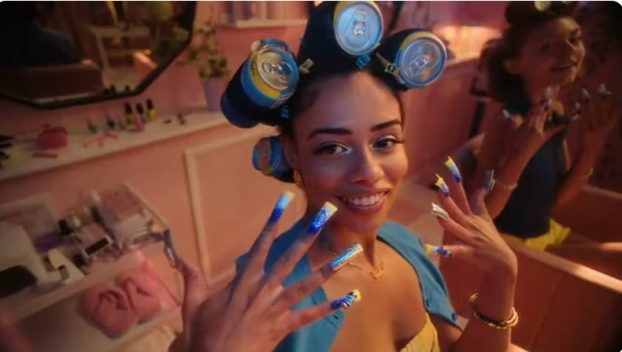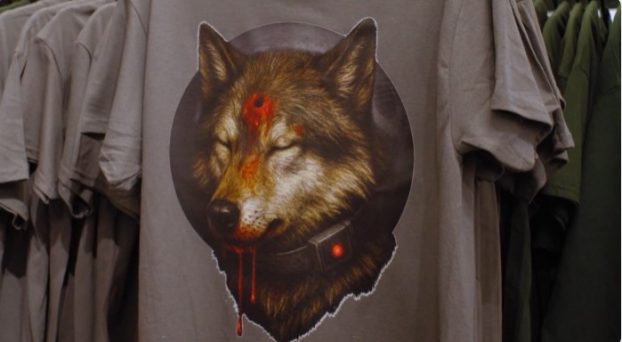Talk about interactive outdoor. Thanks to new technology developed by Cambridge, England-based tech company Hypertag, consumers merely have to point their mobile at a billboard to download content. And no, it’s not a tool that will take eons to get to Canada. Hypertag director Jonathan Morgan says he’s already talking to potential partners here and is planning to have the platform up and running within the next six months.
It works like this: A small chip is imbedded in posters or billboards in major city centres. Passersby can activate the chips’ infrared technology with their cellphone to receive more information about the product, enter a contest, download a free ringtone or receive a coupon.
Not only do Hypertags increase outdoor’s measurability, they also boost brand awareness and recall, thanks to their interactivity. Another bonus is that they are a cost-effective tool, says Morgan. ‘Clients can either book space on six sheet advertising panels, which has a Hypertag installed, [or] alternatively if they wish to use Hypertags in their own locations, they can purchase the tags.’ Costs associated with the former scenario are slightly higher than normal outdoor ad rates, he adds.
But just how effective are Hypertags? Morgan says a U.K.-based campaign for Procter & Gamble last April garnered 12,600 responses over a one-month period. And an event-based program with British mobile phone company O2 last year engaged 25% of passersby. (Concertgoers who aimed their phones at a series of posters in O2’s on-site tent were able to download musical ringtones.)
It takes Hypertag roughly three weeks from the time the campaign is booked to design, tech up and hang the posters.
The company will work with clients on coming up with the best giveaway for their goals, be it a free screensaver to promote a television show or vouchers to drive sales of a specific product.
At the end of a typical two- or four-week campaign, partners receive a report breaking down how many people used the service, but to respect consumers’ privacy, the tags do not store cellphone numbers. ‘That’s something advertisers like because they can put it on the poster: You won’t get spammed by using Hypertag,’ says Morgan.
Among Hypertag’s other clients are Hewlett Packard, publisher Pan MacMillan and feature film distributor United International Pictures (which has handled Paramount’s Lemony Snicket’s A Series of Unfortunate Events and DreamWorks’ Shark Tale outside North America).
Aside from Canada, Hypertag is looking to expand its services into the U.S., South Africa and Australia by the end of the year.

